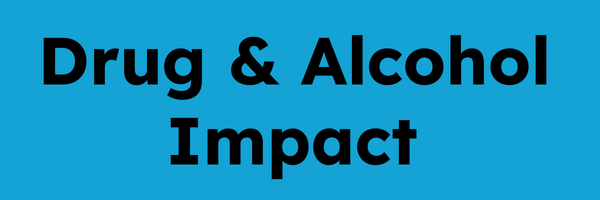Late Night Do It Right at Lancaster University and Students' Union
The Late Night Do It Right campaign is an intervention that was introduced with the intention of promoting responsible alcohol consumption within the student population.
.jpg)
The main intention of the campaign is to encourage students to consume alcohol at responsible levels to protect the health and wellbeing of the student population.
An additional aim of this campaign is to reduce the quantity of issues on campus as a result of over intoxication and excessive consumption of alcohol (in particular binge drinking and pre-drinking).
The main focus of the campaign is to educate students as to how they can have a night out safely, wherein small changes to their normal behaviours could allow them to have active but safer social experiences.
The university and students’ union (SU) have worked together to develop a clear and central brand wherein responsible alcohol consumption within the student population is promoted and positive interventions (such as awareness stalls, the sharing of information on responsible drinking and safety tips) occur at on-campus locations, such as the nightclub, during the busiest nights.
Within the intervention, the operation of ‘safe spaces’ as well as helping students to get home safely via a free bus or a taxi paid for by the SU or campus bar are included. Free soft drinks are also available to those who are the designated driver in their group, thus preventing them from consuming alcohol and then risking the safety of the group.
The project has been led and staffed primarily by student volunteers or student staff, and supported logistically by other university and SU staff.
There are many benefits and successes of the campaign. The campaign has created volunteer opportunities for students, as it is vital that it is student led to increase how relatable it is to students, in this regard students have also been involved in the development and creation of content for the campaign. Paid student roles have also been created, such as student welfare ambassadors.


